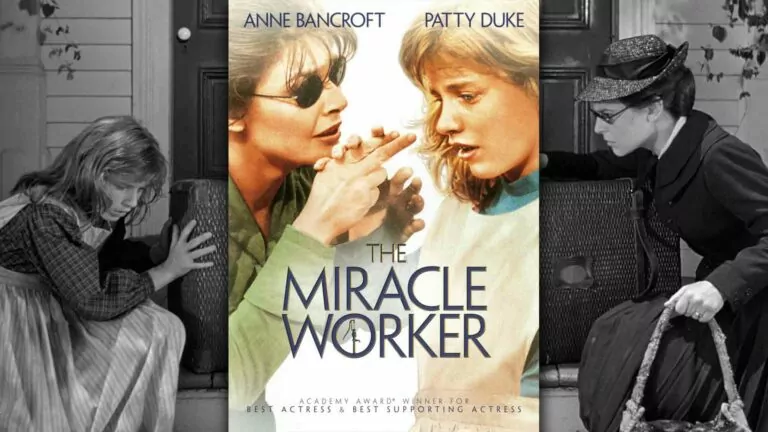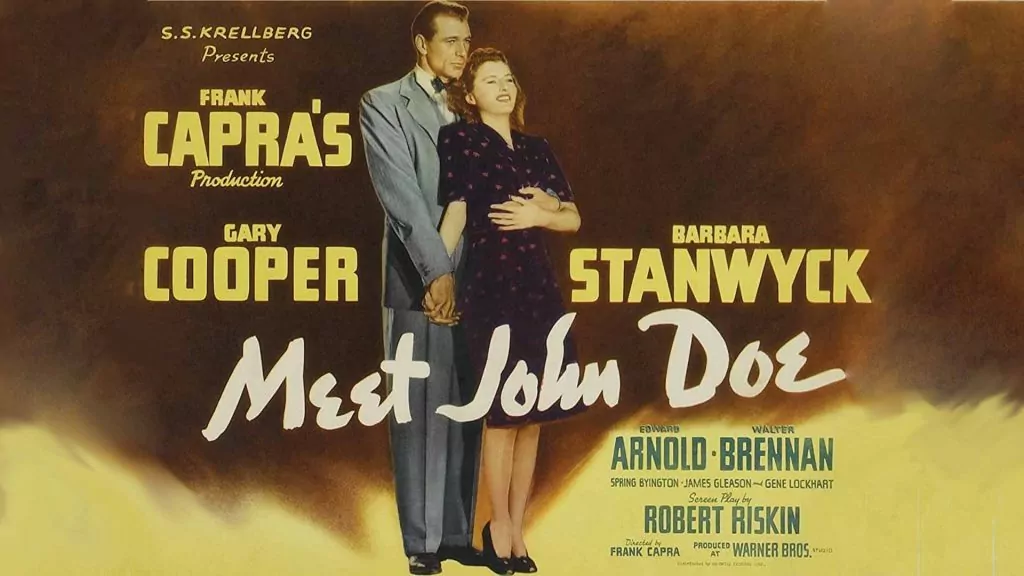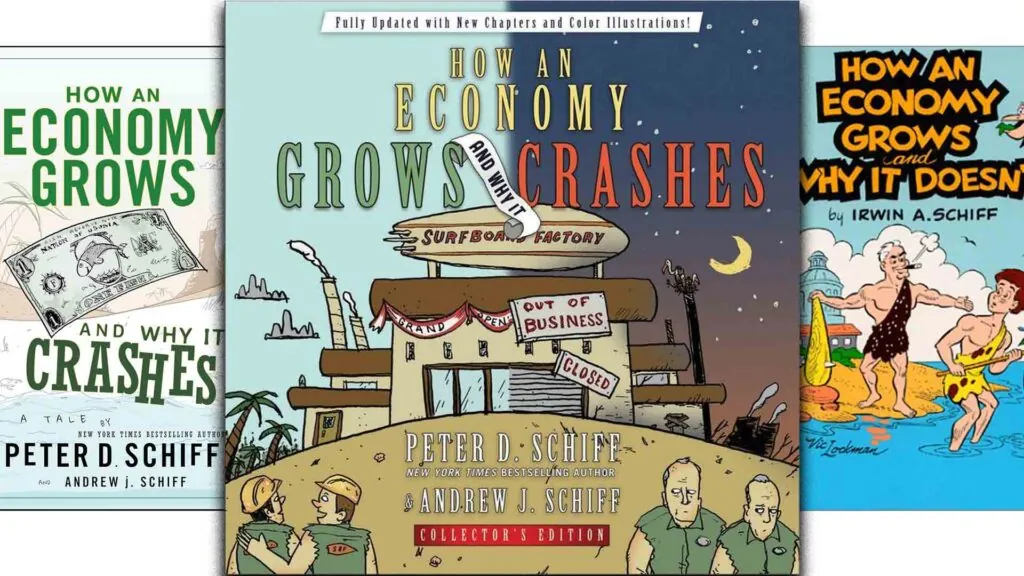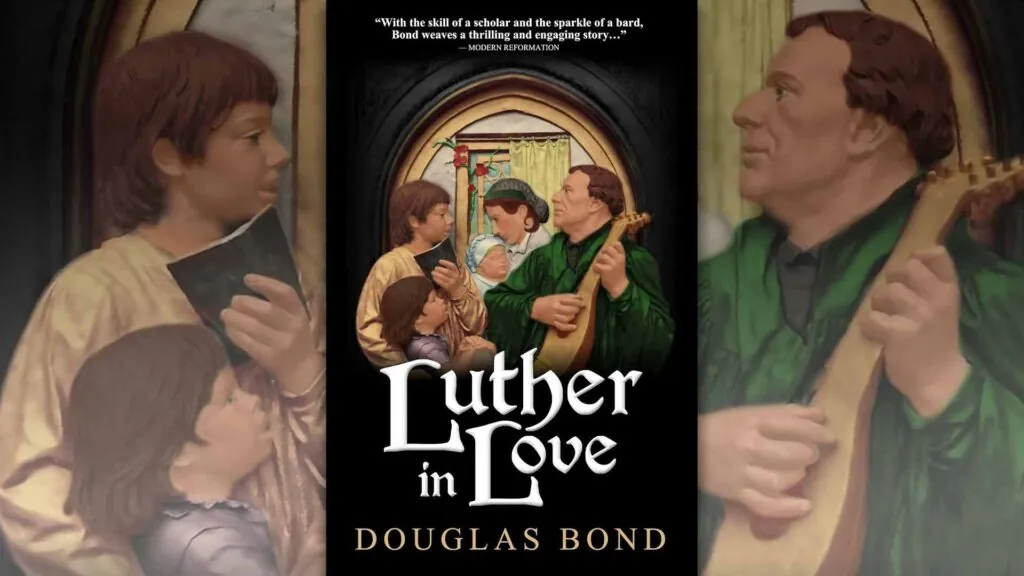Drama / Biography
1962 / 106 min
Rating: 9/10
The one-sentence synopsis is: seven-year-old Helen Keller, blind and deaf, learns to communicate through the discipline and unpitying love of her teacher Anne Sullivan.
But this teacher has more to overcome than just her student’s disabilities. Helen’s parents have let their pity stop them from disciplining Helen – she does whatever she wants, even eating off everyone else’s plates during meals. When Miss Sullivan won’t have that, Helen has a fit… and her parents do too! But her new teacher won’t give in to any of their tantrums because she knows to do so would leave Helen trapped in a dark, silent world.
It certainly ain’t easy – in once scene Sullivan ends up playing defensive linebacker, just to get the charging Helen to stay in her chair. The scuffle goes on for ten minutes at least, with Helen even managing to flip Sullivan!
But this isn’t an action comedy – these are the dramatic actions of a teacher eager to reach a spoilt child who is in desperate need of help.
Cautions
Like many a Hollywood version, there are liberties taken, mostly for reasons of length, but as far as I can tell, these are mostly minor. The biggest abridgment is probably Anne Sullivan’s back story. I suspect audiences of the day probably knew something of it before buying a ticket, because if you don’t (like we didn’t) it is a bit hard to figure it all out just from the flashbacks shown. There is one scene where Anne shares her time in an asylum. After losing most of her sight as a child, then losing her mother, and being abandoned by her father, she was sent to a poorhouse/hospital with her younger brother, who died soon after. It gets worse – that hospital was investigated for atrocities. When she mentions the atrocities to Helen’s parents, she lists among them that there were some who kept “after girls, especially the young ones,” a reference, I think, to pedophiles. Horrific, but quickly stated, and it will go over the heads of any young teens watching. (Anne was eventually rescued, and sent to the Perkins Institute for the Blind where her rough manners garnered her a rough landing. But she did learn, and graduated as valedictorian… and soon after headed out to educate Helen.)
The only other concern would be for something not in the film. Helen’s accomplishments earned her countrywide name recognition, which she used to popularize causes, including socialism and, at least for a time, eugenics. So you might ask, why even watch her film? How about for what it says about even a disabled girl’s inherent worth? And, more pointedly, for what it teaches about the destructive nature of the pitying, belittling “love” that her parents offered. Destructive “love” motivated the eugenics of the past, and everything from euthanasia to the confusion around gender today, so this remains powerfully instructive. And, again, it doesn’t even cover Helen’s adult life.
Conclusion
What it does cover is a remarkable student/teacher relationship, and importance of discipline in raising a child (Proverbs 13:24). That’s what makes this such a powerful and important watch – can you believe it, but Hollywood is preaching here that love isn’t simply a feeling, and it certainly isn’t just giving in to whatever demands a child makes!
The story has been retold many times, but this 1962 version won two Oscars and remains the very best (and far better than the forgettable 2000 Disney remake). It is very good. Tearjerker, madcap in parts, a fantastic discussion-starter, and a black and white film that our whole family, 11 and up, enjoyed. I’d suspect this might be a hard sell to boys, but if you preview some of the 10-minute defensive linebacker scene, it might get them hooked too.
Check out the trailer below.












